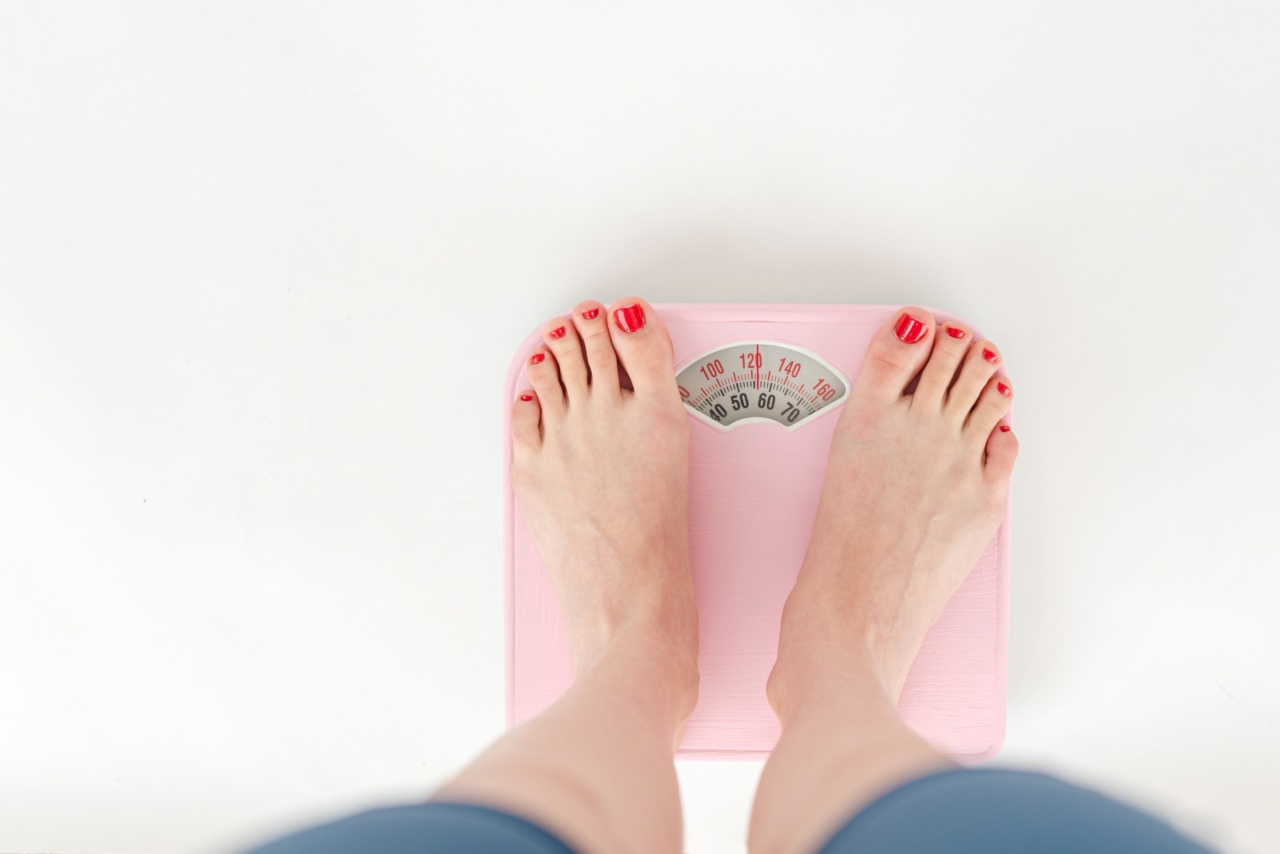When it comes to weight loss, finding the right balance of macronutrients is key. Protein and carbohydrates are two essential nutrients that play a crucial role in achieving your weight loss goals.
While protein aids in building and repairing tissues, carbohydrates provide energy. Combining the right amount of these nutrients can help you shed those extra pounds quickly and effectively. In this article, we will explore the ultimate balance of protein and carbs for weight loss and how you can incorporate it into your diet.
Why Protein is Important for Weight Loss
Protein is often touted as the king of nutrients for weight loss, and for good reason. Including an adequate amount of protein in your diet can have significant benefits for weight management. Here’s why:.
1. Increased Metabolism
Protein has a high thermic effect, meaning that your body burns more calories during the digestion and absorption process compared to carbohydrates and fats.
This boost in metabolism can contribute to burning more calories throughout the day, even at rest.
2. Reduced Appetite
Protein is known to increase feelings of fullness and reduce hunger cravings. Including protein-rich foods in your meals can help curb your appetite, preventing overeating and snacking on unhealthy foods.
3. Muscle Retention
When you cut calories for weight loss, there is a risk of losing muscle mass along with fat.
However, consuming enough protein can help preserve muscle tissue, ensuring that the weight you lose comes primarily from fat stores rather than precious muscle.
4. Energy Stabilization
Protein provides a steady and sustained release of energy, unlike carbohydrates that can cause blood sugar spikes and crashes.
By incorporating protein into your meals and snacks, you’ll experience longer-lasting energy levels and avoid the energy slumps that can lead to unhealthy food choices.
Optimizing Carbohydrate Intake for Weight Loss
While protein is essential for weight loss, carbohydrates also have their role to play. However, it’s important to choose the right type and amount of carbohydrates to optimize your weight loss journey. Here are some tips:.
1. Focus on Complex Carbohydrates
Complex carbohydrates, such as whole grains, fruits, and vegetables, provide a more sustained release of energy compared to simple carbohydrates like refined sugars.
They also often come packed with essential nutrients and fiber, which aid in digestion and overall health.
2. Mind Your Portions
While carbohydrates are necessary for providing energy, excessive consumption can hinder weight loss. Be mindful of your portion sizes and opt for smaller servings of carbs, particularly if you’re following a low-calorie diet.
3. Timing Matters
Timing your carbohydrate intake can make a difference in weight loss. Consuming most of your carbs around your workouts or in the morning can help provide energy for physical activity and prevent excess carbohydrates from being stored as fat.
4. Choose Nutrient-Dense Sources
Instead of relying on processed carbohydrates like white bread and sugary snacks, opt for nutrient-dense sources like whole grains, legumes, and fruits. These choices not only provide carbohydrates but also essential vitamins, minerals, and fiber.
Finding Your Balance
Now that we understand the importance of both protein and carbohydrates for weight loss, it’s time to find the ultimate balance. The right balance will vary depending on individual factors such as age, gender, weight, and overall activity level.
However, a general guideline is to aim for a diet that consists of:.
1. 45-65% Carbohydrates
Include a variety of complex carbohydrates in your diet, such as whole grains, fruits, and vegetables, to meet your energy needs. Remember to portion control and consume carbs at appropriate times.
2. 15-30% Protein
Ensure you’re getting enough protein by including lean sources like chicken, turkey, fish, tofu, beans, and legumes in your meals. Distribute protein intake across your meals to support muscle retention and stay satiated.
3. Healthy Fats
Don’t forget to incorporate healthy fats like avocados, nuts, seeds, and olive oil into your diet. Although they are not a primary focus for weight loss, healthy fats play a vital role in overall health and satiety.
Listen to Your Body
While these guidelines can provide a foundation for your weight loss journey, it’s essential to listen to your body.
Everyone’s nutritional needs and preferences are unique, so pay attention to how your body responds to specific ratios of protein and carbohydrates.
Stay Consistent and Make Adjustments
Consistency is key to achieving weight loss goals. Once you find a balance of protein and carbohydrates that works for you, stick to it. However, don’t be afraid to make adjustments along the way if needed.
Monitoring your progress and reassessing your diet can help you fine-tune your macros for optimal weight loss results.
Conclusion
When it comes to weight loss, finding the right balance of protein and carbs is crucial. Protein aids in boosting metabolism, reducing appetite, preserving muscle, and providing steady energy.
Carbohydrates, on the other hand, provide the necessary fuel for physical activity and overall wellbeing. By following the guidelines outlined in this article and making adjustments based on your individual needs, you can find the ultimate balance that supports your weight loss journey.


























